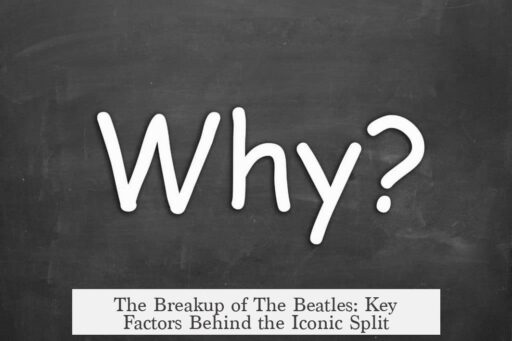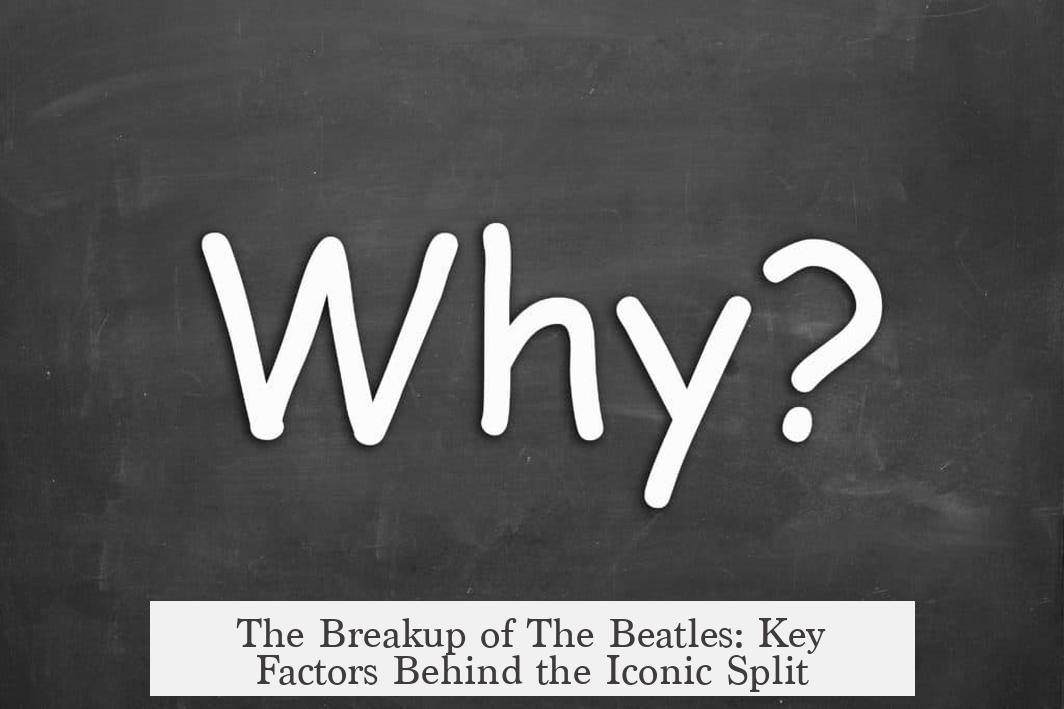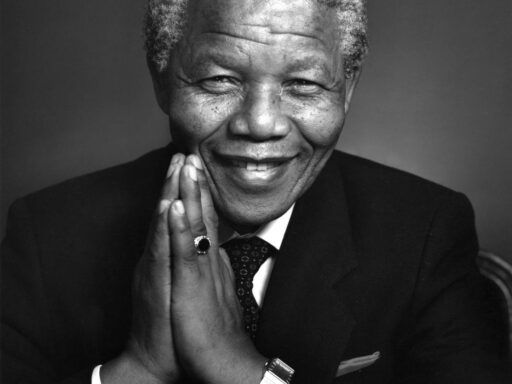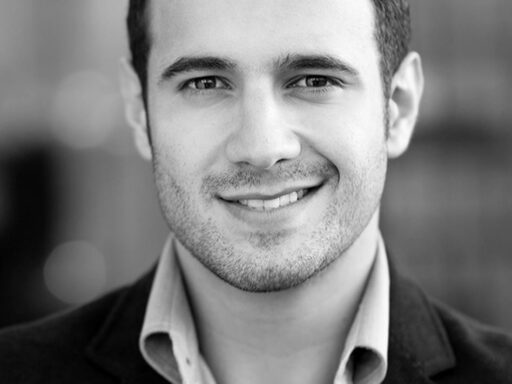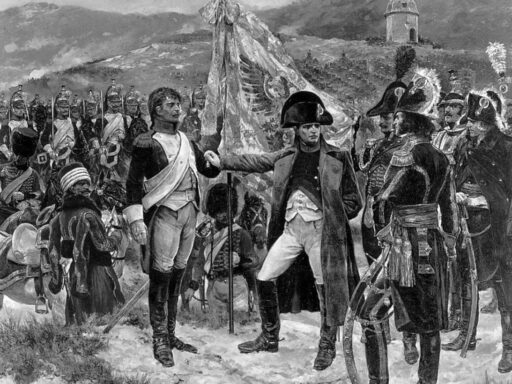The Beatles broke up due to a complex mix of management disputes, personal differences, creative tensions, and individual desires for independence that escalated after their manager Brian Epstein died. Financial conflicts over who should manage the group deepened divides, especially between Paul McCartney and the other three members who chose Allen Klein, creating lasting resentment. These internal rifts, compounded by differing musical directions and strained interpersonal relationships, ultimately led to the band’s dissolution in 1970.
Following Brian Epstein’s death in 1967, the Beatles struggled to manage their business affairs. Apple Corps, their company, was hemorrhaging money. Disagreement over management surfaced sharply: Paul McCartney wanted his wife’s father, Lee Eastman, as their manager, but John Lennon, George Harrison, and Ringo Starr preferred Allen Klein. Klein’s influence caused a major rift, isolating Paul from the others. He strongly opposed Klein and felt overwhelmed by being outvoted 3-1.
Allen Klein’s role deepened divisions. He became a trusted figure only for John, George, and Ringo, pushing Paul further apart. Paul later described feeling “redundant” and struggled with his self-worth outside the band. To complicate matters, Paul grew increasingly controlling in the studio. He insisted on perfection, often replacing fellow members with session musicians. This annoyed John and George, who felt their creative input was marginalized.
John Lennon’s personal life also contributed to the band’s breakdown. His relationship with Yoko Ono broke the traditional rule of no partners at rehearsals or recordings. Yoko’s presence and input caused friction, especially as John began to dislike Paul’s songwriting. John also suffered from drug addiction and growing apathy toward the band. He eventually decided to leave, stating his life with the Beatles felt like a “trap.” His departure pushed the group closer to ending.
George Harrison experienced creative frustration. Although his songwriting improved dramatically, he was often overlooked within the band. Paul sometimes took over George’s guitar parts, which bred resentment. George openly expressed his desire to leave, calling the band a “straitjacket.” He frequently left sessions in protest before being coaxed back. George’s frustration highlighted the unequal creative power dynamic inside the Beatles.
Ringo Starr stayed mostly out of conflicts, although he briefly quit due to criticism from Paul regarding his drumming. Unlike the others, Ringo’s main focus was on friendship and the joy of music rather than band politics. He ultimately agreed to end the band once John called a meeting in early 1970, though he might have continued a while longer if possible.
The group’s interpersonal tensions manifested vividly during recording sessions. The White Album (1968) marked the start of visible fractures. The band’s rehearsals devolved into periods of silence and arguments, especially at the Twickenham Film Studios. Creative differences widened; John refused to perform several of Paul’s songs, and George’s songwriting contributions decreased relative to the others.
Despite public perceptions, the breakup was a drawn-out process. In September 1969, John, Paul, and George met to discuss plans for another album, showing a willingness to continue. However, by April 1970, Paul announced the breakup unilaterally through a press release, highlighting personal, business, and musical differences. This announcement made the split official in the public eye.
The psychological toll on the band was significant. Paul described depression and withdrawing from public life. John viewed the band as restrictive. George sought freedom through solo work. Ringo, while less vocal, felt the weight of the group’s demise but valued the friendships that remained.
| Key Factor | Contribution to Breakup |
|---|---|
| Management Disputes | Disagreement over Allen Klein vs. Lee Eastman fractured trust |
| Personal Tensions | Yoko Ono’s presence and drug use created interpersonal rifts |
| Creative Differences | Clashes over songwriting roles and use of session musicians |
| Individual Desires | Members wanted independence: Paul for control, George for freedom, John to leave |
| Psychological Impact | Feelings of redundancy, frustration and entrapment weighed heavily |
- Brian Epstein’s death left the Beatles without strong managerial guidance.
- Paul McCartney’s opposition to Allen Klein intensified divisions.
- John Lennon’s relationship with Yoko Ono influenced group dynamics and musical style.
- George Harrison felt creatively stifled and marginalized.
- The Beatles’ internal conflicts increased during late 1960s recording sessions.
- Despite moments suggesting continuation, Paul’s 1970 announcement finalized the split.
- All members experienced emotional strain, fueling the decision to part ways.
Why Did The Beatles Break Up? A Deep Dive Into The End Of An Era
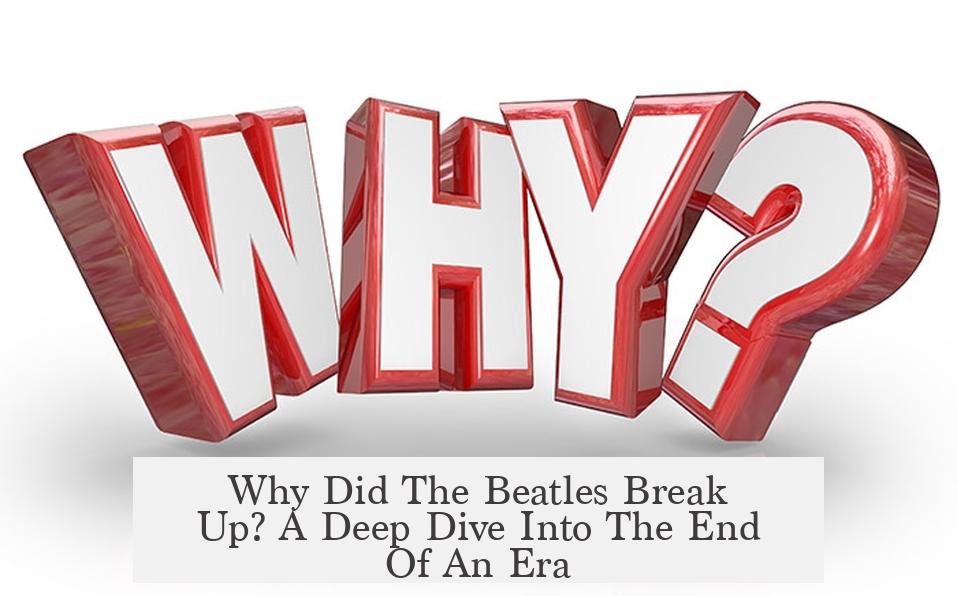
The Beatles broke up because of a tangle of management battles, personal clashes, creative differences, and emotional exhaustion—but that’s just the headline! Let’s roll up the sleeves and explore the juicy and intricate story behind what led to the unraveling of the world’s most famous band.
When the Fab Four split in 1970, fans were stunned. Was it just about music? Nope. It’s a cocktail of money fights, clashing egos, mysterious relationships, and plain old human drama. So, how did the band that changed music forever end up calling it quits?
Management and Financial Disputes: The Battle Over Bosses
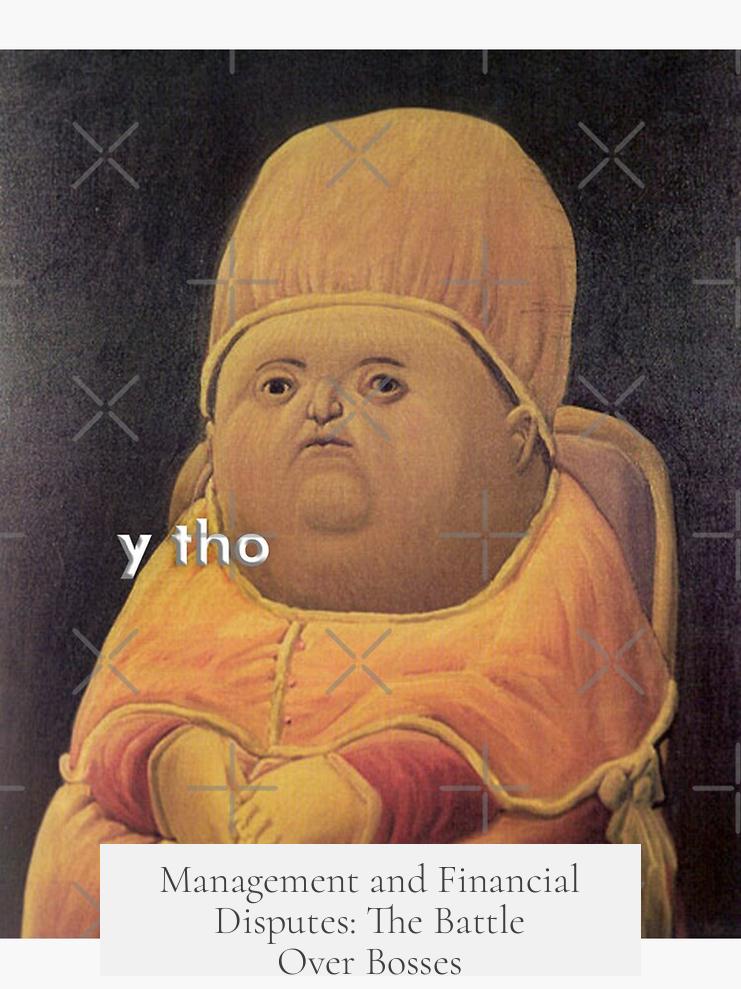
First, the group’s manager, Brian Epstein, tragically died in 1967. He had been the steady hand holding the band together, especially financially. Without him, Apple Corps, their company, started hemorrhaging money. Naturally, they needed a new manager. But who?
Paul McCartney championed Lee Eastman, his father-in-law, believing he could bring order. Meanwhile, John, George, and Ringo put their chips on the slick and street-smart Allen Klein. Klein won.
“Paul was incredibly unhappy about this… Klein turned out to be a very bad influence, and it drove a wedge between him and the other members.”
Klein was like the band’s financial double agent—trusted by three, disliked by one. Paul felt isolated as “three against one,” deepening the fissures. Money fights are a classic band breaker, but here, it wasn’t just the cash—it was a question of trust and influence.
Individual Band Members: Different Minds, Different Goals
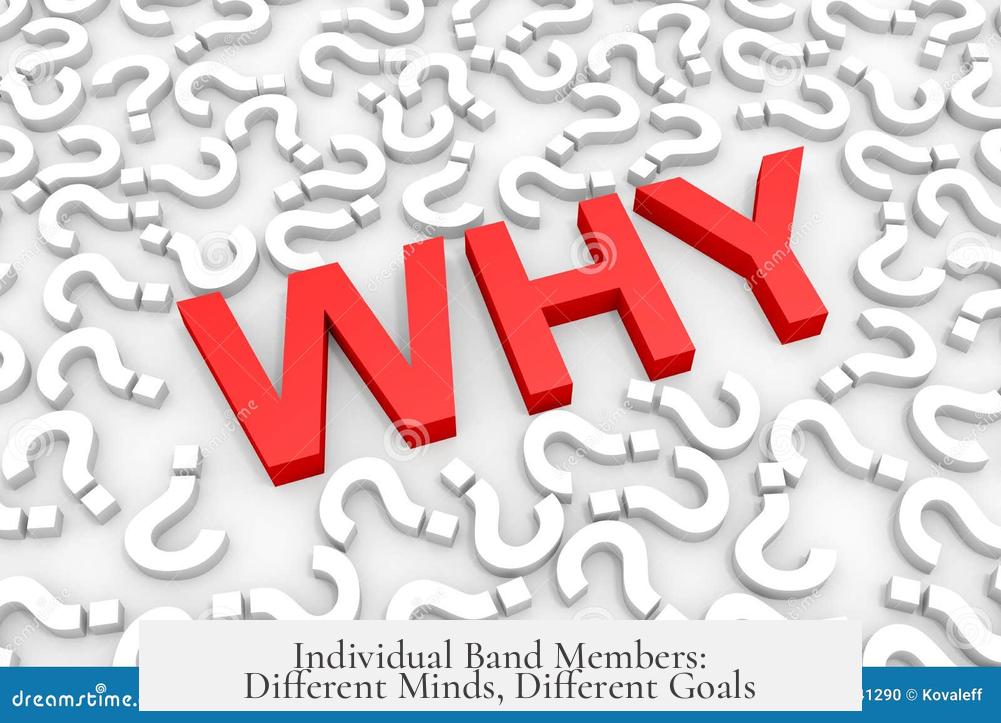
Paul McCartney: The Perfectionist Autocrat

Paul’s perfectionism kicked into overdrive. His desire to control their sound and image clashed with the others. Resourceful and restless, he began using session musicians when he thought John or George fell short. Ouch. That’s sort of like hiring a pro soccer player when your team buddy fumbles a pass—team spirit takes a hit!
“Paul was itching to return to touring… becoming autocratic, insisting every note was perfect.”
He didn’t want the band to break up. In fact, he announced the breakup publicly first—without talking to the others. That’s a power move and also a cry for control. His public press release in April 1970 cited “personal, business, musical differences,” but mostly wanting to spend more time with family.
John Lennon: The Rebel With A Cause (And A New Love)
John’s relationship with Yoko Ono shook the band’s rules. Yoko was more than a passenger—she crossed boundaries by giving opinions on songs and performances, breaking the old “no wives or girlfriends at sessions” pact.
“John frequently brought Yoko along… She encouraged his experimental style… John began to dislike Paul’s songs and refused to play on some.”
Additionally, John’s heroin addiction and growing apathy toward the band’s work led to emotional distance. His idea of the Beatles shifted from a passion to a trap—a tape loop to escape from.
“My life with the Beatles had become a trap.”
When John declared, “I started the band. I disbanded it,” it wasn’t just drama—it was the decisive end of his Beatles era.
George Harrison: The Overlooked Genius
George was the classic story of a talented artist stuck in the shadows of bigger names. His songwriting flourished, yet his parts were often replaced or ignored. This frustration simmered into a desire for freedom.
“I wasn’t feeling bad about anybody wanting to leave, because I wanted out myself.”
In sessions, he stormed out numerous times. The Beatles began to feel more like a straitjacket than a creative force. Post-breakup, George proved he was a prolific songwriter, filling his debut triple album, All Things Must Pass, with hits instantly.
Ringo Starr: The Peacemaker Drummer
Ringo hardly got caught in the crossfire. Although critiqued by Paul, he left only briefly during conflicts. Mostly, he enjoyed being part of the band and hanging out with friends. His calm demeanour was a stark contrast to the escalating tensions.
“I probably would have lingered another couple of years.”
Ringo represents the band spirit—loyal and easygoing—but even he couldn’t stem the tide of the inevitable breakup.
Interpersonal Dynamics and Creative Differences: The Hidden Rifts
Behind closed studio doors, strain and discord replaced harmony. The group dynamic shifted as Paul took charge and sidelined others’ contributions.
John’s distaste for Paul’s songwriting was palpable. He refused participation, even suggesting replacing George with Eric Clapton when George threatened to quit.
Meanwhile, Yoko’s presence was a lightning rod for frustration. George openly complained about her during the famous Let It Be sessions captured on film.
Post-1967: The Cracks Become Can’t-Miss Canyon Walls
From around 1967 onwards, the band’s unity frayed. George Martin, their producer, sensed the brewing storm during The White Album sessions. Things deteriorated further during their Twickenham rehearsals.
Touring desires clashed, too. Paul wanted to hit the road again; John and George preferred to stay put. The infamous Rooftop Concert in 1969 was a compromise, essentially their last hurrah.
Did They Plan to Stay Together or Was It Over Before It Began?
Interestingly, a September 1969 tape reveals John, Paul, and George discussing plans for another album and possibly a Christmas single. Ringo was in the hospital, but the conversation was hopeful—
“They discussed the next album. You think John wanted to break them up, but here he isn’t.”
Yet, this hope was short-lived. Business tensions and emotional exhaustion eventually crushed the idea. The finished Let It Be project saw Phil Spector adding orchestral overdubs, but it was essentially a swan song.
The Emotional and Psychological Toll: More Than Just Music
Paul felt sidelined and “redundant”—his self-worth hammered by the turmoil. He sank into drinking and isolation.
John described feeling trapped—a band life turned cage.
George looked forward to creative freedom outside the band walls.
Ringo’s mellow outlook offered little relief from the overall tension.
Summing It Up: Why Did The Beatles Break Up? The Real Story
Paul wanted control and perfection. John felt trapped, tormented by his demons and pushed by Yoko’s new vision. George saw unappreciated talent strangled. Ringo simply wished for peace.
Put it all together: there’s no single reason. The Beatles broke up because none of them were truly happy in the band anymore.
So What Can We Learn From This?
- Management matters—a lot. When leadership splits, the whole system teeters. Apple’s financial leaks and the Klein-Eastman fight were critical.
- Communication is a lifeline. When lawyers start talking more than bandmates, trust erodes fast.
- Creative freedom fuels happiness. George’s desire to shine shows how stifled talent causes cracks.
- Respect personal boundaries. Bringing Yoko into rehearsals broke a band rule that had protected harmony.
- Evolution and change are inevitable. Despite planned albums and talks, the band’s spirit had moved on.
Could The Beatles Have Stayed Together?
Imagine if Paul’s management preference had prevailed. What if John had managed better balance with Yoko? If George had been more included?
Maybe. But with every member growing individually and emotionally drained, the band’s breakup looks less like a failure and more like a natural conclusion.
Sometimes, great things end to make space for new stories—like George’s solo triumph, John’s solo artistry, Paul’s Wings era, and Ringo’s own music and film ventures.
Final Thought
The Beatles’ breakup reminds us creativity is messy and human. The greatest band in history dissolved because its members were human beings with conflicting dreams, fragile egos, and raw emotions. And maybe that’s what made their music so timeless—it’s full of life’s messiness.
What’s your take? Could another band survive these storms? Or was The Beatles’ breakup just an inevitable chapter in rock history?
Why did management disputes contribute to the Beatles’ breakup?
After Brian Epstein died, the band struggled over management. Paul wanted Lee Eastman; the others chose Allen Klein. Klein’s management created tension, isolating Paul and worsening conflicts.
How did individual ambitions affect the band’s split?
Paul wanted more control and return to touring, while John sought new directions with Yoko Ono. George felt creatively stifled, and Ringo stayed mostly out of conflicts, focusing on friendship and music.
What role did John Lennon’s relationship with Yoko Ono play in the breakup?
John brought Yoko to rehearsals, breaking band customs. Her influence led John to distance himself from Paul and band routines. This deepened rifts within the group and fueled tensions.
How did creative differences cause division in the Beatles?
Paul often used session musicians over band members. John disliked Paul’s songwriting and skipped his songs. George’s work was overlooked. These creative conflicts intensified personal divides.
Why is Paul McCartney credited with formally ending the Beatles?
Despite disagreements, Paul did not want a breakup. However, he publicly announced the split in April 1970 without consulting others, making the breakup official. This surprised many fans and bandmates.
